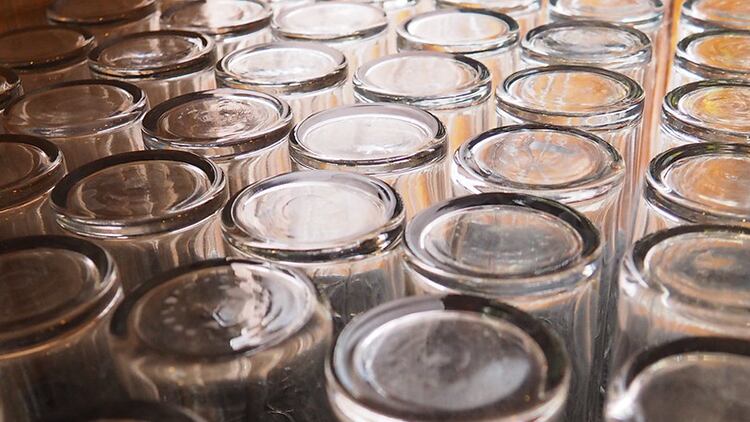The Covid-19 pandemic is the biggest threat the hospitality industry has faced in a generation.
With more businesses affected each week, there will be many necessary actions required to protect your business. Whether you need to close your business entirely, to diversify your services or to prepare for when your business can start trading again, this needs to be done in a robust, safe manner.
Each of these options comes with its own challenges and these shouldn’t be underestimated.
While from the outside closing, pivoting and/or reopening a site may seem simple, there are many safety requirements required to ensure that your business complies, especially as the guidance from all governments puts the onus on a business to reduce its Covid risk to the lowest reasonably practicable level by taking preventative measures.
Therefore, no matter what changes you plan to make, your starting point should always be a review of your Covid-19 risk assessment.
Adapting to new local restrictions – With the guidance regularly changing and different rules applying in different parts of the country, the best way to stay on top of any changes is to consult the Government, trade body websites, or to get professional advice.
Opening as a takeaway – Businesses offering takeaway, food collections and deliveries need to adhere to different rules from a restaurant set-up, with key safety considerations including logistics, cleaning and sanitising and staff.
Thought will need to be given to how to accept payments and implementing mechanisms that reduce contact and maintain distance between team member and customer.
An enhanced cleaning regime for hand contact surfaces will be required and how you train and rota your staff will need careful consideration.

Shutting down – No-one likes to close the doors on their business but shutting down safely and undertaking ongoing checks will be essential in ensuring that your business can start trading again as soon as possible. There are three key stages in this process – pre-close, day of closure and ongoing closure checks.
Ahead of any closure the site management team should start to prepare by reviewing and deep cleaning kitchen, storage, cellars, back of house and front of house area.
On the day of closure further checks will be needed. These include turning off hot water to prevent Legionella bacteria, which is a significant risk when water systems are left stagnant for a period of time.
Cellar and bar areas present their own set of risks and other areas to address include pest control; preventing alcohol loss; emptying equipment, checking best before dates and cleaning and sanitising all surfaces.
Then once the business is closed, ongoing daily, weekly and quarterly measures to monitor areas such as security, food storage, equipment, pest control, waste collections, stock, fire safety and cellars, will be needed.
Reopening – On reopening a venue, you will need to consider what products and services you will offer and how this differs to the previous offer. Changes in customer behaviour and business limitations will need to be understood.
The safety of products in the business will need assessing, and the property and equipment will need to be ready to go. Processes will also need to be implemented to manage all human interactions within the venue.
Then, there’s your people. During the period of closure there may have been management changes that could impact the licence and need to be addressed, with actions taken to make sure other licensing requirements are met.
Team members will need consulting about their return to work and plans put in place to support this. By involving them in your risk assessment you can also ensure that they understand its results and will you have fulfilled your legal to share the results with them.
Following Government guidance can help reduce the spread of coronavirus and improve the likelihood of hospitality businesses remaining open. However, in the rush to comply with Government guidance on Covid-19, businesses shouldn’t forget their legal food safety, fire safety and health and safety obligations.
As you set about making changes, these requirements should be front of mind, running parallel with your Covid-safety measures. In missing these elements, a business that complies with Covid guidance could be temporarily closed or fined because it doesn’t comply with other regulations.
While there’s a lot to consider, whichever way you choose to adapt your business, by getting the best advice, taking the right steps and putting the correct measures in place, you can safeguard your business, ensuring it stays compliant and ultimately continues to trade.




